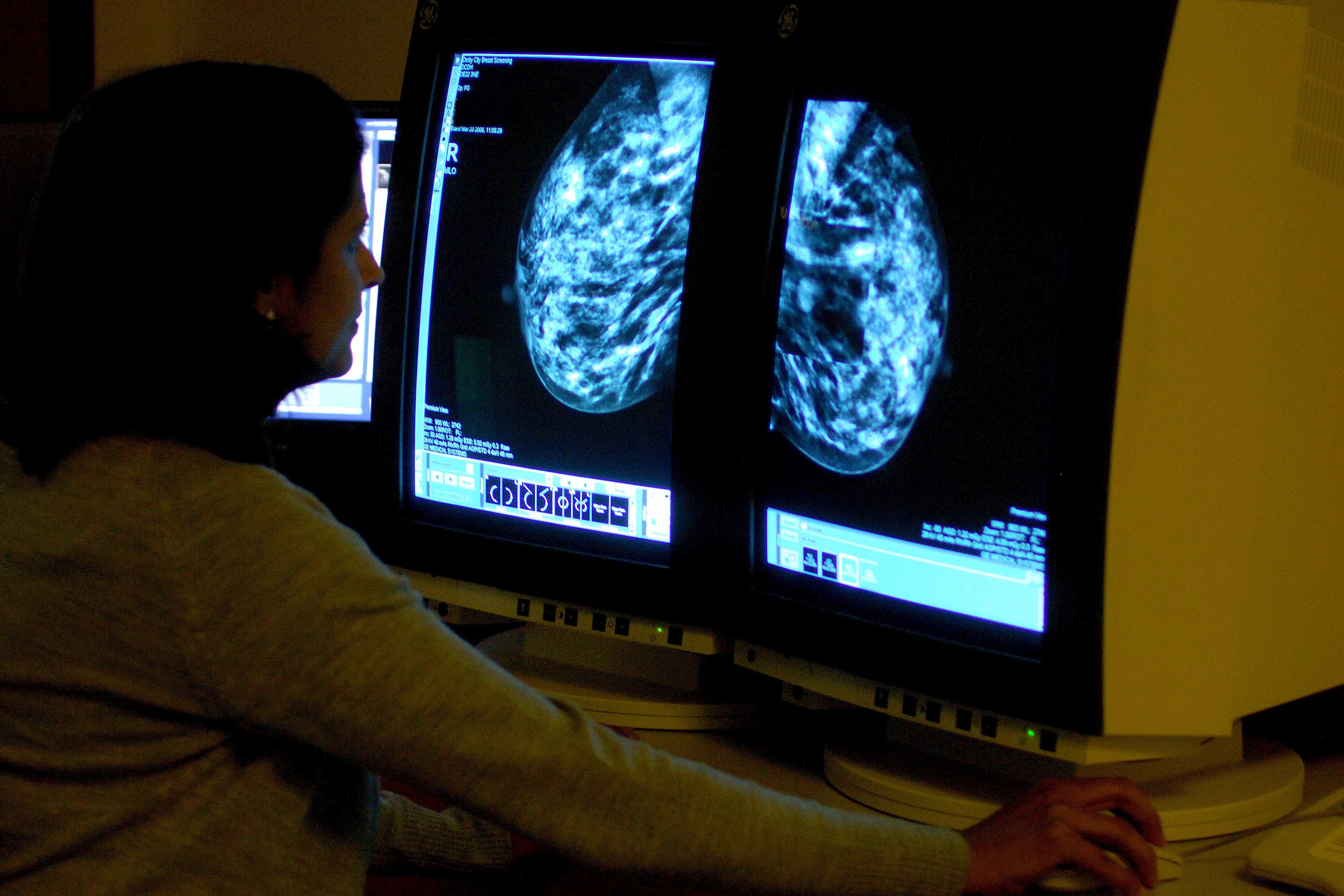UK cancer survival ‘stuck in the noughties and trails behind other countries’
Macmillan said cancer care in the UK is at breaking point.

Your support helps us to tell the story
From reproductive rights to climate change to Big Tech, The Independent is on the ground when the story is developing. Whether it's investigating the financials of Elon Musk's pro-Trump PAC or producing our latest documentary, 'The A Word', which shines a light on the American women fighting for reproductive rights, we know how important it is to parse out the facts from the messaging.
At such a critical moment in US history, we need reporters on the ground. Your donation allows us to keep sending journalists to speak to both sides of the story.
The Independent is trusted by Americans across the entire political spectrum. And unlike many other quality news outlets, we choose not to lock Americans out of our reporting and analysis with paywalls. We believe quality journalism should be available to everyone, paid for by those who can afford it.
Your support makes all the difference.Cancer survival in the UK is “stuck in the noughties” and trails decades behind countries such as Denmark and Norway, new analysis shows.
The most recent figures available for prostate, bowel, breast and cervical cancer show UK survival is only just reaching levels that some other European countries achieved in the early 2000s.
The analysis, by Macmillan Cancer Support, found bowel cancer survival in England for women is 20 years behind Sweden, where women diagnosed between 1997 and 2001 experienced better five-year survival rates than those in England who were diagnosed two decades later (2016-2020).
It’s clear that cancer care is at breaking point, but this is a political choice and better is possible
Current survival data further shows 57.6% of women in England live for at least five years, but this figure is much higher elsewhere at 72.7% in Denmark, 71.7% in Norway and 70.6% in Sweden.
Similarly, survival data from Scotland, Wales and Northern Ireland shows these countries are lagging 10 to 15 years behind Sweden and Norway.
When it comes to men, bowel cancer survival in England lags 15 years behind Sweden, while prostate cancer survival is a decade behind.
England is currently achieving 57.6% five-year survival rates, lower than the 73.2% in Denmark, 70% in Norway and 69.4% in Sweden.
Elsewhere, prostate cancer five-year survival in England currently stands at 88.5%, but is much higher in Sweden at 95%, 94.8% in Norway and 90.2% in Denmark.
Breast cancer survival in England is also a decade behind Sweden and Denmark, while Scotland and Northern Ireland are a decade behind Sweden.
The data also showed that cervical cancer survival in England is 25 years behind Norway, which achieved a higher survival between 1992 and 1996 than England has now.
Gemma Peters, Macmillan Cancer Support’s chief executive officer, said: “Behind today’s shocking data are thousands of real people whose entire worlds have been turned upside down by cancer.
“It’s clear that cancer care is at breaking point, but this is a political choice and better is possible.
“We urgently need the next UK government to prioritise a long-term cross-government strategy that revolutionises cancer care and ensures everyone with cancer has access to the care they need, every step of the way.”
Previous studies have shown the UK has some of the worst cancer survival rates in Europe.
However, the analysis by Macmillan uses even more recent data to give a fuller picture.
The charity said it had compared the UK to Sweden, Norway and Denmark as they have similar healthcare systems and have high-quality cancer data.
An NHS spokesman said: “The NHS is seeing and treating record numbers of people for cancer, with more people diagnosed at an earlier stage than ever before, and survival rates in England at an all-time high.
“It is transforming and expanding its innovative screening programmes including lung checks in supermarket car parks, at home bowel cancer tests and using AI to spot skin cancer, making it easier than ever before to get checked, so please take up your screening invitation when asked – it could save your life.”